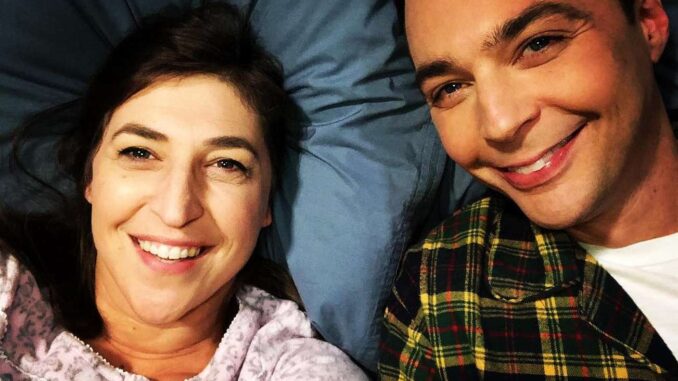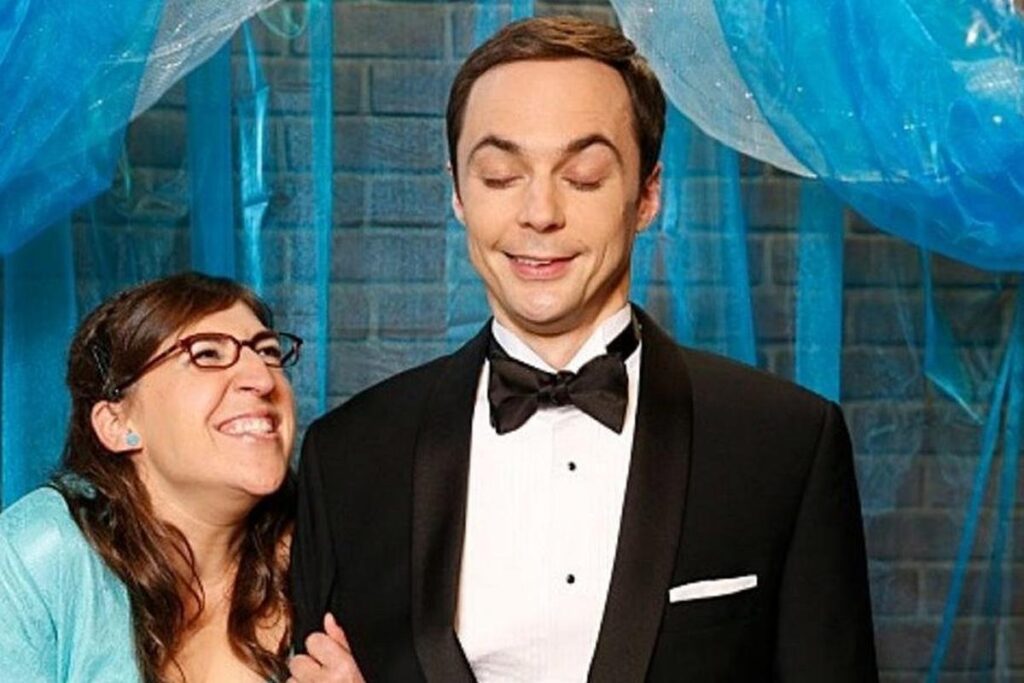
Chuck Lorre’s and Bill Prady’s sitcom “The Big Bang Theory” debuted in 2007, when “geek culture,” previously considered a fringe group, had already handily become mainstream. Media that was once considered only acceptable for an unseen minority of nerds — “Lord of the Rings,” video games, comic books — was now leading the charge of popular entertainment, and a sitcom starring “nerds” was more relatable than ever. Indeed, “The Big Bang Theory” proved that there was a divide between what mainstream culture previously thought nerds looked like, and what they were actually like; one might have known a real-life pop culture obsessive who resented the broad, inaccurate archetypes presented on “The Big Bang Theory.”
Regardless, the show was a massive success, lasting 279 episodes over 12 seasons. The series mostly took place in the apartment of Leonard (Johnny Galecki) and Sheldon (Jim Parsons), two highly intelligent, doctorate-holding young nerds, and their interactions with their friends and their neighbor Penny (Kaley Cuoco). Starting in the show’s fourth season, Sheldon began dating the neurobiologist Amy (Mayim Bialik), a woman selected for him by a computerized matching service. Amy and Sheldon are equally clueless when it comes to social interaction, but by the end of the series, the pair will marry.
Bialik was a get for “The Big Bang Theory.” She was already known in the pop firmament for recurring roles on “Webster” and “MacGyver” as a child, but really exploded in fame in 1990, playing the title role in the sitcom “Blossom.” When that show went off the air in 1995, Bialik, already in college, took mostly voice roles while she studied and earned multiple degrees.
By 2010, Bialik had a doctorate in neuroscience, and was ready to get back into acting … mostly just to make ends meet. It turns out that “The Big Bang Theory” was the plum gig that presented itself at the right time, and that the pay was good. In a 2021 interview on “The Graham Norton Show,” Bialik admitted that she only took the “Theory” job for the health insurance.
It was all for the health insurance

Bialik had taken on a practical attitude toward acting. While she might have her own personal relationship to fame, by the time “The Big Bang Theory” presented itself, she was wasn’t concerned with being recognized. She, instead, parlayed her acting experience into a new gig. Performing was just a job. She worked as an actress as a child, took a break to go to school, and now — like many people with advanced degrees — had trouble finding work in her majored field. She fell back on acting as a career move. Acting, she said, wasn’t exactly intellectually edifying, but it certainly paid well:
“I left the industry for 12 years and I got a doctorate in neuroscience. I wanted to experience life where you’re valued for what’s in between your ears and not just for what you can provide for other people. [But] I was literally running out of health insurance and thought that if I could get a few small parts it would help.”
Bialik wasn’t gunning for the role of Amy, either, as she hadn’t even heard of “The Big Bang Theory” when she auditioned. She had no idea she was being included in an already successful sitcom that would provide work for the next nine years. “I was cast,” she said, “and my life changed.” Bialik was 35 when she started her “Big Bang” work, and it has kept her in the public eye ever since. She starred in the series “Call Me Kat,” and from 2021 to 2023, she was even the co-host of “Jeopardy!” with Ken Jennings.
Bialik also appreciated that Amy was also a neuroscientist, allowing her to flex her doctorate on screen; she made sure Amy’s neuroscience jokes were accurate. Although she admitted she didn’t want to sound like a know-it-all (even if she did know it all). “Nobody wants to be that actor,” she said, “the complete nerd that tells everyone they’ve got it wrong.”
Bialik now hosts “Mayim Bialik’s Breakdown,” a podcast devoted to mental health.